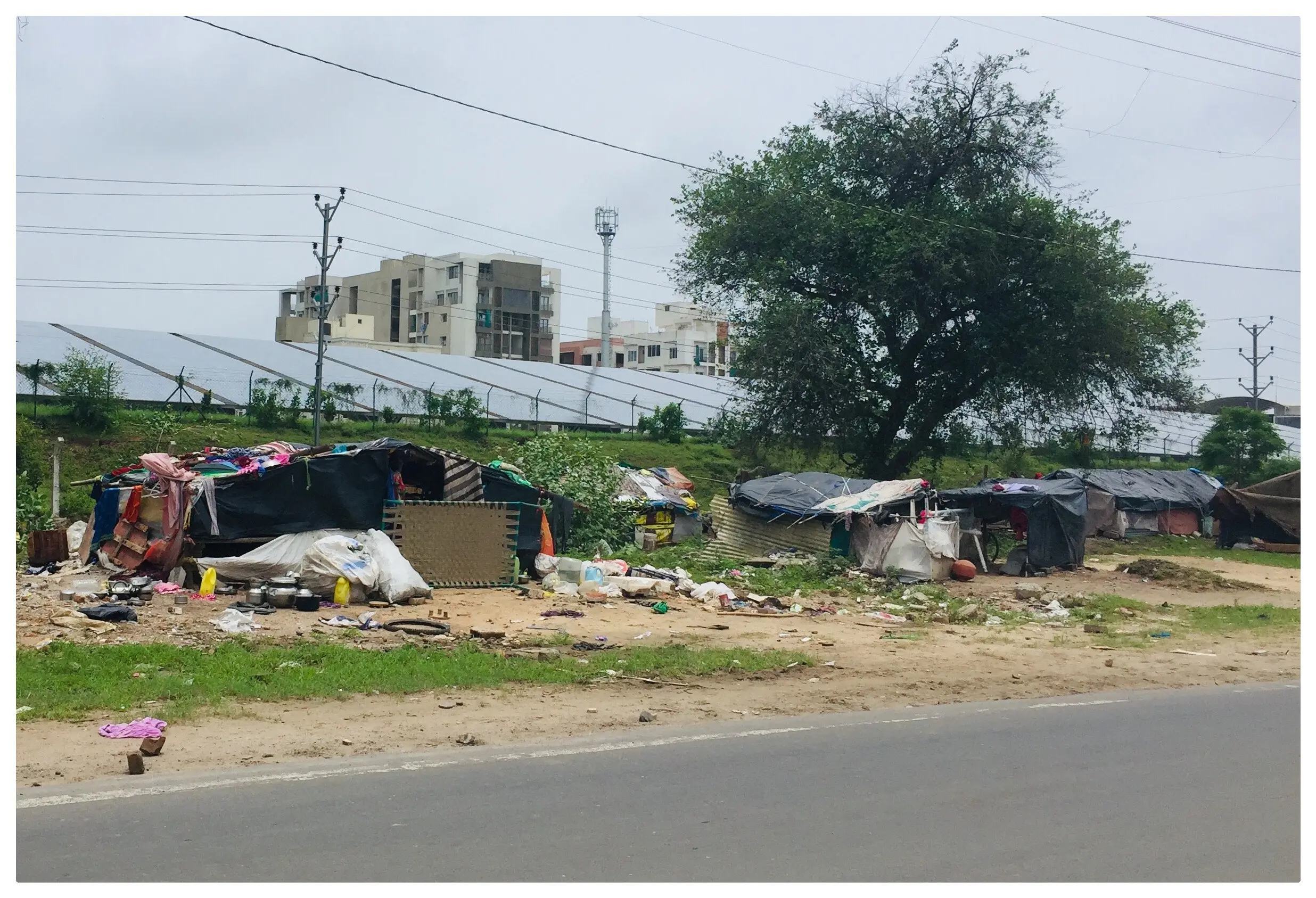Sample by My Essay Writer
Homelessness is a major issue in nearly every municipality in the United States. This is often because of factors such as mental illness, unemployment, a lack of affordable housing and most often, addiction. Nearly every day, I see people on the streets begging for change or for food. I’d like to do whatever I can to help them, but I know the leading cause of homelessness is drug addiction. Giving money won’t help address the problem, because it is only through social work that we can generate change for these people who are often the victims of addiction.

Cities pour millions of dollars into addressing the homeless problem, but this money doesn’t often flow into solving addiction. It is usually spilled into providing housing, clothes and food. But this doesn’t get at the heart of the issue. I firmly believe that it will take the efforts of social workers to meet with the homeless to bring them to the point where they want help. But it will take more than just an outsider to really address the situation. People who have been there, those who have suffered from addiction and who have overcome its challenges, need to work alongside social workers to help those who are addicted. Only they really understand what it takes to move past drugs and into a better quality of life. Furthermore, the homeless people will respect and listen to someone who has been where they are.
While housing, clothes and food are needed and welcomed, homeless people aren’t concerned with having warm clothes, a soft place to sleep and food in their stomachs, as much as they are concerned with finding their next fix. Once that desire is ended, then homeless people will more often use the services that are provided to them. It is only then that these services can help pull homeless people off the streets.
Several years ago, while I was in Washington DC as a case manager, I faced a serious ethically challenge when the program director “emergency petitioned” one of my clients, who was distraught and crying uncontrollably due to a relationship break up. She was also coming to terms with her sexual orientation. During an interaction with her, it was necessary to involve my director, due to information that needed clarification. I also needed someone with more expertise to help manage the situation. My client had not stated that she was suicidal and she did not have a history of self-harm. However, she had stated “I understand why people commit suicide; this pain is too much and I feel like dying.” Without trying to console the female, my director attempted to “contract for safety.” However, she lacked a kind tone and manner, so my client asked her to leave so that she and I could continue our session. My director said she would not leave until a “contract for safety” was declared.
The client refused to continue a conversation with her. My director proceeded to contact the Emergency Services Unit without explaining to my client or discussing the issue with me. The client was taken to the nearest hospital, and then was released only two hours later.

I felt my director displayed poor judgment by allowing “standards and procedure” to guide her instead of compassion, and this discredited my relationship with the client.
The incident led me to examine how others view “standard,” and so I became skeptical at disclosing my cases. This became a problem, because if I was not available, it would be difficult for my director to manage my cases without the necessary information. As a result, I transferred to another department.
The rational for me is that ethics are guidelines in which professionals comply. But I also feel that as social workers, we are working with people and we have to be flexible. While ethical frameworks function as a worthy guideline, they should only be flexible in their execution.

As a direct human service worker, I interact with people of many races, ethnicities, cultures and social backgrounds. I am of Caribbean background and I am also an immigrant, so I am extremely sensitive about working with people of visible minority groups. But in addition to my personal experience, I also make use of the many “cultural competency” classes and courses available, as well as attending cultural festivities to acquaint myself with the various customs and practices of people of cultural backgrounds that are different from mine. One of the most important aspects of human diversity is respecting what is considered each other’s norms, and accepting them as long as it is legal to do so. Some time ago, I had a client of Russian origin, who would suck the juice from oranges and then use the insides to wash her body. My co-workers thought it was “crazy.” I knew differently because it was a practice I had also seen in my country. I knew that the insides of oranges are used by people of various cultures to cleanse the skin. I am also aware of the different socioeconomic groups, and the hardships each group faces in accessing social service benefits for products such as shampoo.
I understand that people are of various strengths and characters, even if they are in the same cultural group. That is why healing processes are different in each of these groups. I am always aware of my clients’ background when providing case management, and this allows me to refrain from setting unattainable goals. These goals cause people to be frustrated and as such and can lead to failure.
My experience working in human services has taught me not to jump to conclusions about people based on their cultural, ethnic, racial or social affiliation. I am able to serve people despite their differences, and this makes a proud contributor to diversity.







